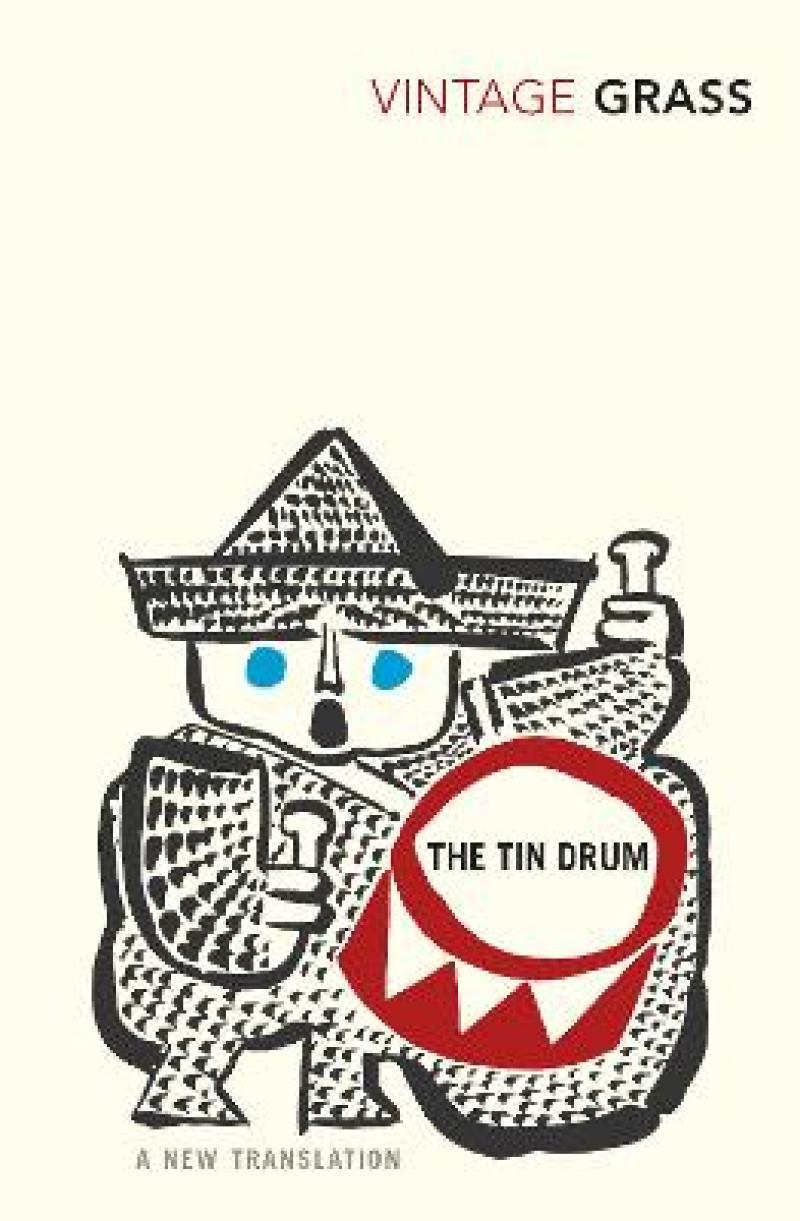Given Grass's close involvement with this new translation, it is fair to call this the definitive version of arguably the most important German novel of the post-war era.
Observer
Grass published his milestone of postwar literature 50 years ago, and the event is being celebrated with new translations<i>...</i>Mitchell's excellent translation reveals the novel as a timeless masterpiece.
The Times
At the ages of fourteen and fifteen, I had read <i>Great Expectations</i> twice - Dickens made me want to be a writer - but it was reading <i>The Tin Drum</i> at nineteen and twenty that showed me how. It was Günter Grass who demonstrated that it was possible to be a <i>living</i> writer who wrote with Dickens' full range of emotion and relentless outpouring of language. Grass wrote with fury, love, derision, slapstick, pathos - all with an unforgiving conscience.
New York Times Book Review
Funny, macabre, disgusting, blasphemous, pathetic, horrifying, erotic, it is an endless delirium, an outrageous phantasmagoria in which dust from Goethe, Hans Andersen, Swift, Rabelais, Joyce, Aristophanes and Rochester dances on the point of a needle in the flame of a candle that was not worth the game
Daily Telegraph
Encountering <i>The Tin Drum</i> in the early sixties was like discovering a new planet, a reinvention of literature. It brings the exhilaration of discovery, linked with an enormous gratitude for the way in which Günter Grass makes the world a worthwhile place to be in, and living a worthwhile thing to do. He has forever pushed back - and opened up - our concept and awareness of what is real, and what is possible, and what we dare to dream about.
André Brink
This is a big book in every sense, full of extraordinary scenes and characters: even on a single reading it seems prodigally rich in comic invention, and demands to be worried at time and again
Sunday Times
The Tin Drum has had an enduring impact on international fiction, and to read this new translation is to experience a novel you may or may not already know and discover a living, talking, shouting work of art
Irish Times
The new translation by Breon Mitchell sticks much more closely to the original text than Manheim's and emulates some of the German linguistic traits that Grass uses....this new translation of <i>Die Blechtrommel </i>reminds us, Grass retains his huge stature as a novelist
New Statesman
Mitchell has captured the novel's syncopated, driving rhythms with an extra brio and brilliance
The Independent
WITH A NEW FOREWORD BY THE AUTHOR
On his third birthday Oskar decides to stop growing. Haunted by the deaths of his parents and wielding his tin drum Oskar recounts the events of his extraordinary life; from the long nightmare of the Nazi era to his anarchic adventures is post-war Germany.
